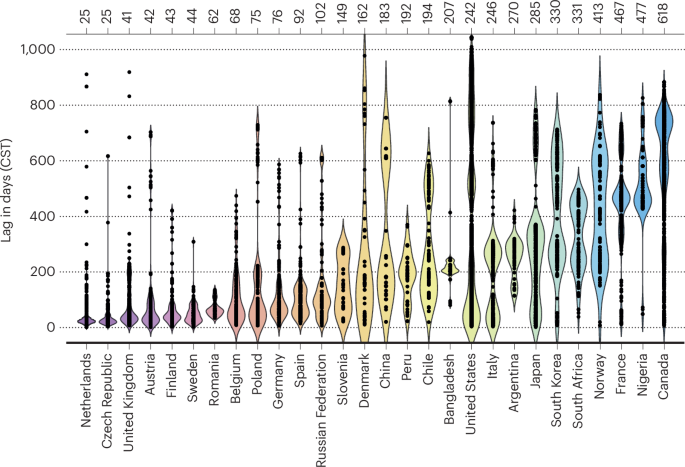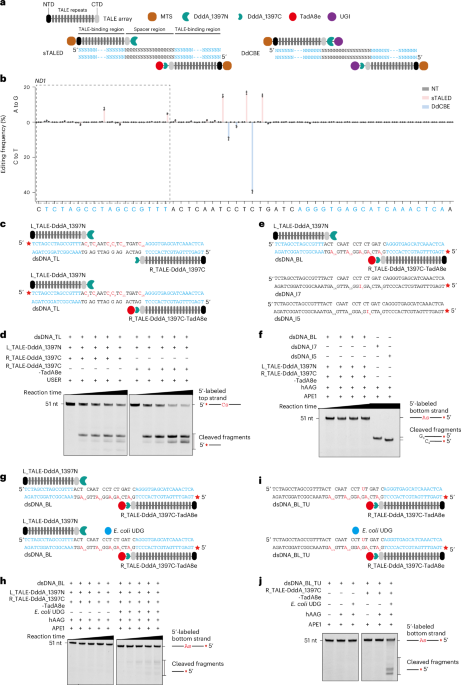Now Reading: Delays in H5N1 Genome Submissions to GISAID Spark Concerns
-
01
Delays in H5N1 Genome Submissions to GISAID Spark Concerns
Delays in H5N1 Genome Submissions to GISAID Spark Concerns

Quick Summary:
- Real-time genomic surveillance is essential for identifying new viral variants, understanding infectivity and transmission routes, and guiding vaccine progress.
- H5N1 avian influenza has increasingly infected hundreds of species, with 72 human cases reported globally in 2024. Efficient human-to-human transmission is yet to occur but remains a concern.
- Emerging tools like phylogenetics aid research while up-to-date genome reporting supports evidence-based public health decisions; though, delays in global data submission persist.
- Sample collection-to-submission times for H5N1 average 7.5 months, far longer than the improved median time of 30 days observed for COVID-related samples globally in 2024.
- Canada exhibited significant strides in SARS-CoV-2 data sharing by reducing collection time from an initial average of 88 days during the early pandemic to just 16 days.
!Read MoreQuick Summary:
- The article outlines an acknowledgement of contributors who provided genetic specimens and metadata for a study shared via the GISAID Initiative.
- Authors from the University of British Columbia co-designed, analyzed, and revised the study.
- The research received financial support from Canada’s NSERC (Grant RGPIN-2022-03726).
- Ethics disclosures confirm that no competing interests were declared by authors.
Indian Opinion Analysis:
Collaborative international studies such as this one enhance scientific understanding using shared resources like genetic sequencing data. While India has contributed significantly to global research initiatives in biotechnology and genetics, continued cooperation with platforms like GISAID is pivotal for advancing national capacities in genomic sciences, epidemiological tracking, and health innovation domains. Transparent funding mechanisms coupled with ethical declarations keep such efforts aligned with broader scientific rigor – ensuring inclusive benefits from global data-sharing systems.For further reading: PubMed Central | Article Reference.Quick Summary
- The article discusses delays in submitting genome data for the H5N1 virus to GISAID, a global resource for sharing influenza data.
- The issue concerns lengthy submission times affecting the availability of timely research and collaboration opportunities.
- Published on March 25, 2025, by Otto S.P. and Edgerton S.V., in Nature Biotechnology.
Indian Opinion Analysis
Timely access to genomic data is vital for global pandemic preparedness, especially given India’s role as a significant contributor to international health initiatives. These type of delays could hinder collaborative efforts in responding swiftly to outbreaks like H5N1. India’s bioscience community may need to focus on ensuring efficient processes for submitting critical genome data while promoting openness within international networks such as GISAID.

























